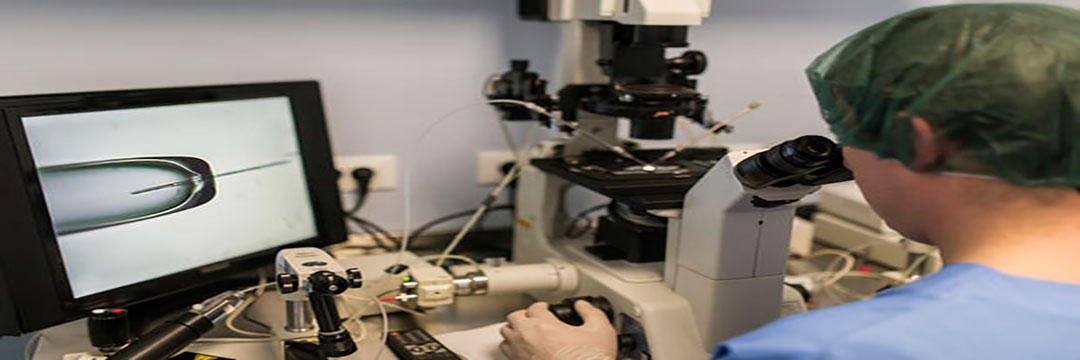What To Learn From The IVF Cycle?

Welcome into the world of IVF. The IVF Treatment helps a woman to have a baby despite her problems in the reproductive system. This assisted reproductive technique has led successful pregnancies to millions of women since it was introduced in the world in 1978. Everyone around the couple share the happiness if the IVF treatment shows successful results. However, there is a lot of uncertainty and anxiety attached to it that needs to be understood broadly otherwise the outcome hangs in balance.
If we look at the IVF treatment from the other perspective, things can be fathomed in a different way. It means if the IVF cycle doesn’t result in a baby it can provide us an insight about prognosis medical information which otherwise would not have been possible to get.
Understanding the term ‘Unexplained Infertility’
Unexplained infertility is a label put to those couples where it becomes impossible to determine their causes of not getting pregnant. When a patient goes for IVF cycle, fertilization does not occur in some cases and it’s found that the male partner’s sperm were not able to fertilize her eggs. This happens despite the fact semen analysis report is completely normal, sperm count, morphology and motility is also normal.
Simply, it means these things can be said after a patient has undergone IVF treatment and the doctors conclude that the “unexplained infertility” is because of male partner’s sperm dysfunction. ICSI can also treat this condition. The things that we want to put, we would have never make this diagnosis had the patient not done IVF.
Learn by statistics
The most significant part of IVF treatment is that it provides us specific and helpful prognostic information. It is an established fact IVF success rate declines in the old age woman. Every 38 year old women is aware that her chances of getting pregnant are minimal than a woman whose age is just 25. Despite having all the knowledge, she still puts a question to a doctor, what are my chances 5 percent or 30 percent. This is particularly the complicated situation for a doctor to answer such a question for an individual patient.
Prognosis- more clarity
From the AMH level and her antral follicle count, we can only know about her ovarian response until we begin her IVF treatment and make her super ovulate through drugs. Since there are some cases where a woman with a low AMH level get pregnant and those who have normal AMG level have poor quality eggs. Even after this, there are limitations among individual patients. Things can be defined a better perspective only if a patient has done IVF. We will be able to know the quality of her eggs, number of eggs she grows, the quality of the embryos that her eggs form.
Beyond IVF Treatment
If the first IVF cycle shows unsuccessful results, we can give her assurance whether another IVF cycle with her own eggs will be worth or using her donor eggs might be a better option.
That’s why the important aspect of IVF treatment for patients is to understand the complexity of IVF that is beyond just a treatment. Without IVF, we would have never got this insightful information and complex information from the patient from any other test available today. IVF proves a great diagnostic and prognostic tool for us. Isn’t it?
If you have any query related to this, Please let us know by submitting your queries in the section mentioned below or write us at [email protected]
